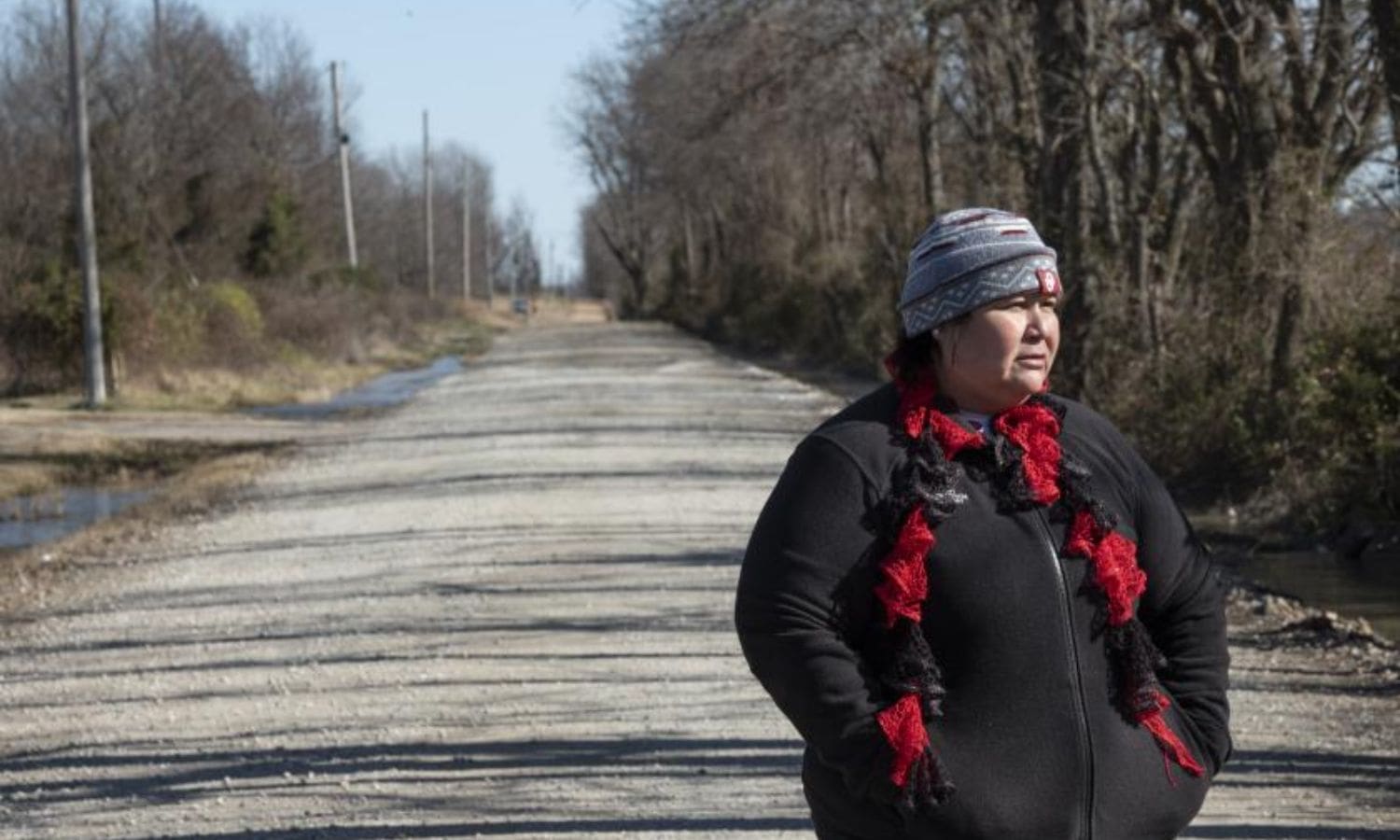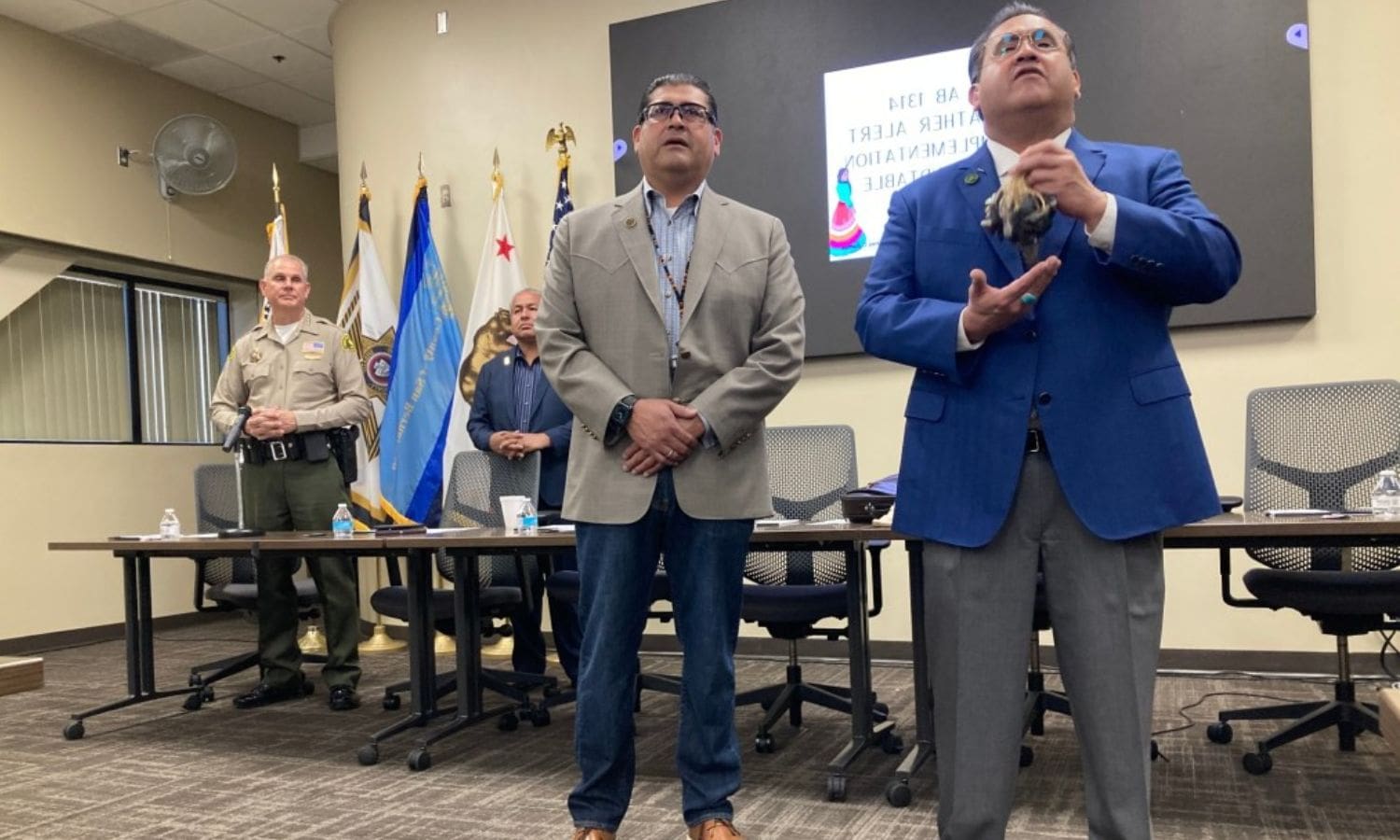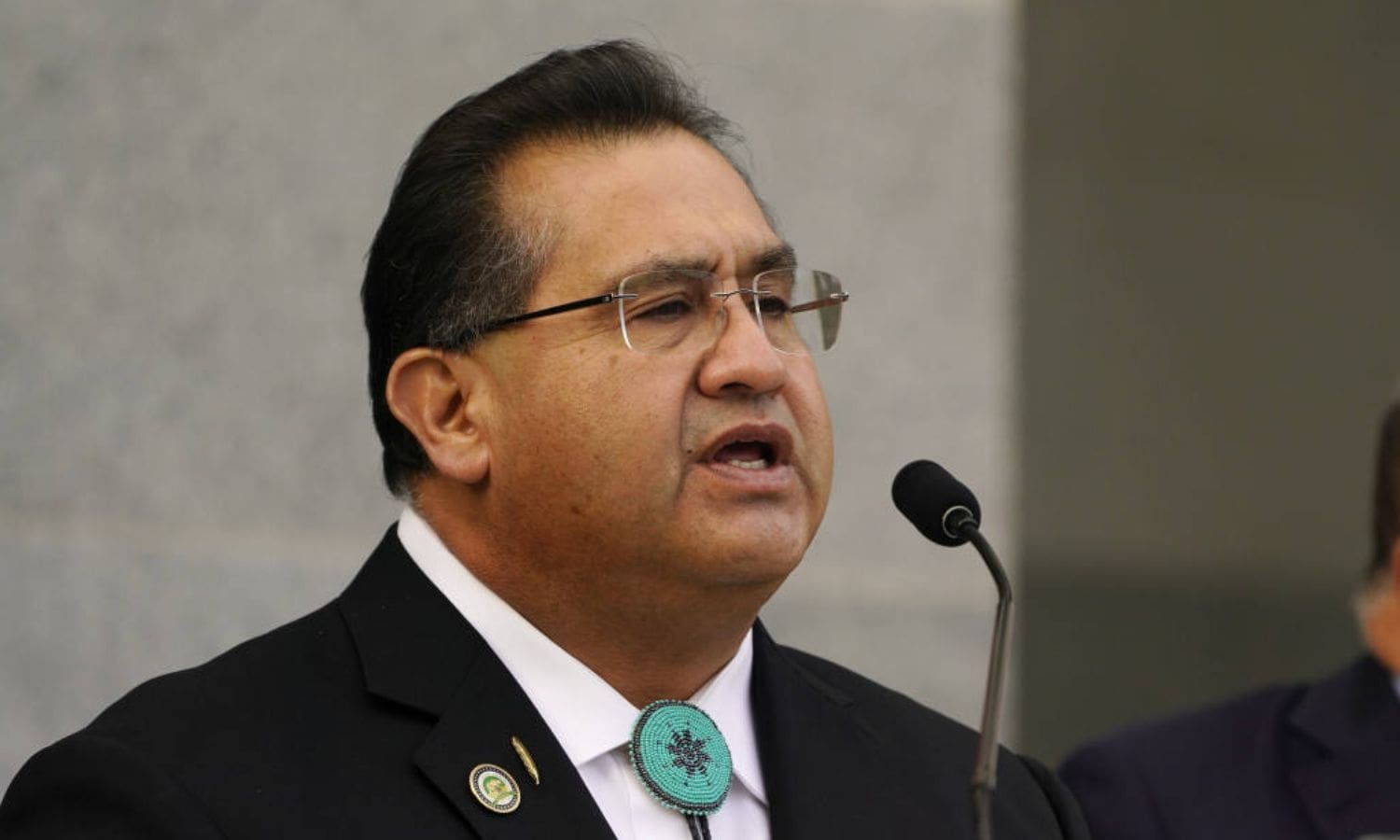Tribal Leaders Regarding California: In recent years, there has been growing concern among tribal leaders regarding California’s Feather Alert system for missing indigenous persons. While the state has made efforts to address the issue of missing indigenous individuals, there have been instances where requests for Feather Alerts have been denied, leaving tribal communities frustrated and worried for the safety of their members.
These denials have sparked discussions and prompted tribal leaders to gather at the Capitol to voice their concerns and advocate for change. Assemblymember James Ramos has been a vocal advocate for this cause, pushing for increased awareness and support for missing indigenous persons. However, there are still discrepancies in the approval process for Feather Alerts, leaving many questions unanswered.
How can we ensure that every missing indigenous person receives the attention they deserve? How can historical traumas and underreported cases be properly addressed? The search for answers continues as tribal leaders and advocates strive to bring justice and visibility to the missing indigenous community.
Key Takeaways Of Tribal Leaders Regarding California
- The denial of Feather Alert requests raises concerns about the effectiveness of the system and its ability to respond to Native communities.
- Tribal members face obstacles in obtaining Feather Alerts for missing indigenous persons, including delays and complications in the approval process.
- Assemblymember James Ramos advocates for a separate system for missing indigenous individuals and emphasizes the need for clarity and urgency in treating missing-person reports.
- Disparities in the approval of Amber and Feather Alerts highlight the need for greater clarity, consistency, and fairness in the criteria for issuing Feather Alerts.


Denial of Feather Alert Requests
The denial of Feather Alert requests, including that of Yurok tribal member Danielle Ipiña-Vigil, raises concerns about the efficacy of the system designed for locating missing Indigenous individuals in California.
The Feather Alert system was established to address the disproportionately high rates of missing Indigenous persons in the state. However, the recent denials of several requests have cast doubt on the system’s effectiveness.
Danielle Ipiña-Vigil’s case highlights the urgency of this issue. As a member of the Yurok tribe, her disappearance should have triggered an immediate response from the Feather Alert system. The denial of her request is not only a failure to protect her rights as an Indigenous individual, but it also raises questions about the system’s ability to respond to the needs of Native communities.
The denial of Feather Alert requests is a concerning development that demands further investigation and improvement of the system.
Tribal Concerns and Capitol Gathering
More than a dozen California tribal members recently assembled at the Capitol, demanding crucial information regarding denied missing-person alerts. Their concerns revolve around the obstacles they face in obtaining Feather Alerts for missing indigenous persons.
These alerts, issued by the California Highway Patrol (CHP), are vital in locating and ensuring the safety of individuals who have gone missing. The tribal members argue that the requirement for local law enforcement to serve as intermediaries between tribes and the CHP creates unnecessary delays and complications in the approval process. They propose the removal of this statute to streamline the communication between tribes and the CHP, enabling faster response times and increasing the chances of finding missing individuals.
The gathering at the Capitol highlights the urgency and importance of addressing these concerns to ensure the safety and well-being of indigenous communities.
Assemblymember James Ramos’s Advocacy
Advancing the cause for missing Indigenous people, Assemblymember James Ramos, the first California Native American elected to the Legislature, takes a proactive stance by advocating for a separate system that addresses the urgent needs of these vulnerable individuals.
Ramos emphasizes the need for clarity on criteria, urgency in treating missing-person reports, and potential amendments to allow tribal law enforcement to issue Feather Alerts.
By advocating for a separate system, Ramos recognizes the unique challenges faced by Indigenous communities and seeks to ensure that their concerns are properly addressed. His advocacy highlights the importance of acknowledging the cultural and jurisdictional complexities surrounding missing Indigenous persons cases.
With his position of influence, Ramos aims to bring attention to the urgency of finding missing Indigenous individuals and to advocate for the necessary resources and support to prevent further disappearances.


Also Read: California Avocado Commission Strategy for 2023-24
Discrepancies in Alert Approvals
There are notable disparities in the approval of Amber Alerts and Feather Alerts, raising concerns among tribal leaders and highlighting the need for greater transparency and consistency in the criteria for issuing these alerts.
According to new data, the California Highway Patrol (CHP) approved all six Amber Alert requests, but shockingly denied three Feather Alert requests in the same year. This stark contrast in approval rates has left tribal leaders questioning the fairness and effectiveness of the current alert system. To better understand these discrepancies, let’s take a closer look at the numbers:
| Alert Type | Number of Requests | Approved | Denied |
|---|---|---|---|
| Amber Alert | 6 | 6 | 0 |
| Feather Alert | 3 | 0 | 3 |
The table clearly demonstrates the stark contrast in approval rates between Amber and Feather Alerts. These inconsistencies raise important questions about the underlying criteria and decision-making process for issuing Feather Alerts. Tribal leaders are calling for greater clarity and consistency to ensure that all missing indigenous persons receive the same level of attention and urgency.
Addressing Historical Traumas and Underreported Cases
Addressing the historical traumas and underreported cases surrounding missing American Indian/Alaska Natives in California prompts a critical examination of the law and the urgent need for potential legislative amendments. The alarming number of 151 active cases raises concerns about the effectiveness of the current system in addressing the specific needs of Indigenous communities.
To shed light on this issue, consider the following:
- Historical traumas: How have past injustices and the erasure of Indigenous cultures contributed to the underreporting of missing individuals? What steps can be taken to address these traumas and ensure that the voices of Indigenous communities are heard?
- Cultural competency: Are law enforcement agencies adequately trained to understand and respond to the unique challenges faced by American Indian/Alaska Native communities? How can cultural competency be better integrated into the investigative process?
- Collaboration and trust-building: How can tribal leaders, law enforcement agencies, and policymakers work together to establish trust and foster collaboration? What initiatives can be implemented to ensure that missing Indigenous persons receive the attention and resources they deserve?
- Legislative amendments: What specific changes should be made to the current law to improve the reporting and investigation of missing American Indian/Alaska Natives? How can these amendments address the historical traumas and underreported cases while respecting the sovereignty and rights of Indigenous communities?


Conclusion Of Tribal Leaders Regarding California
The denial of Feather Alert requests and the concerns raised by tribal leaders highlight the ongoing challenges faced by indigenous communities in California.
The efforts of Assemblymember James Ramos to advocate for these missing persons alerts are commendable, but there are still discrepancies in the approval process that need to be addressed.
Furthermore, it is crucial to acknowledge the historical traumas endured by indigenous communities and the underreported cases of missing individuals.
More awareness and action are necessary to ensure the safety and well-being of indigenous peoples in the state.

